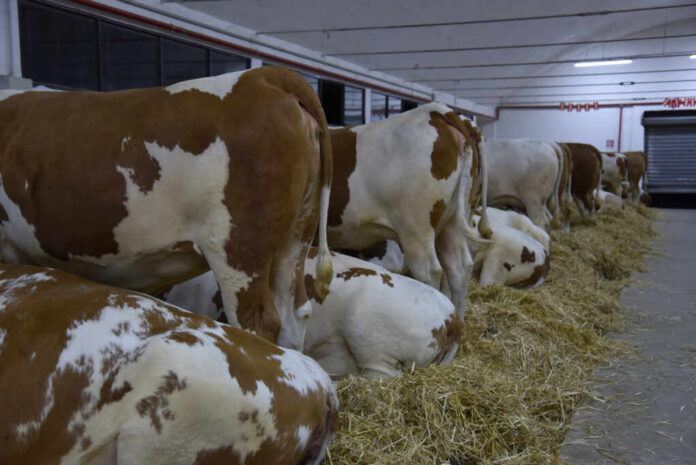
Denmark has taken a groundbreaking step in its fight against climate change by introducing the world’s first tax on farm animals to reduce greenhouse gas emissions. Starting in 2030, the Danish government will impose a tax of 300 kroner (approximately $43) per ton of carbon dioxide or its equivalents on certain livestock, including cows, sheep, and pigs. This measure aims to significantly cut the country’s greenhouse gas output, particularly targeting methane emissions from livestock.
Initially, farmers will benefit from a 60% tax deduction, reducing the tax to 120 kroner (over $17). However, by 2035, the tax will increase to 750 kroner (approximately $108). Denmark’s ambitious goal is to cut its greenhouse gas emissions by 70% compared to 1990 levels by 2030.
This legislation is part of Denmark’s broader strategy to address the environmental impacts of agricultural emissions, which include both carbon dioxide and methane. The U.N. Environment Program reports that livestock contribute 32% of global methane output, a potent greenhouse gas. Danish Taxation Minister Jeppe Bruus highlighted the significance of this initiative, stating, “We will take a big step closer in becoming climate neutral in 2045.”
The introduction of this tax follows similar, though ultimately unsuccessful, efforts in New Zealand, where a proposed “Burp-Tax” faced strong opposition from the farming community. In Europe, farming protests have been frequent, with groups opposing stringent environmental regulations. In January 2024, Belgium’s General Farmers Syndicate blockaded the North Sea Port for 36 hours to protest tariff-free imports from countries like Ukraine, which are not subject to the EU’s strict environmental standards.
Denmark’s innovative approach sets a precedent and could inspire other countries to adopt similar measures. However, it also raises questions about the impact on farmers and the broader agricultural sector. The balance between environmental responsibility and economic viability will be crucial as Denmark moves forward with this initiative.



























